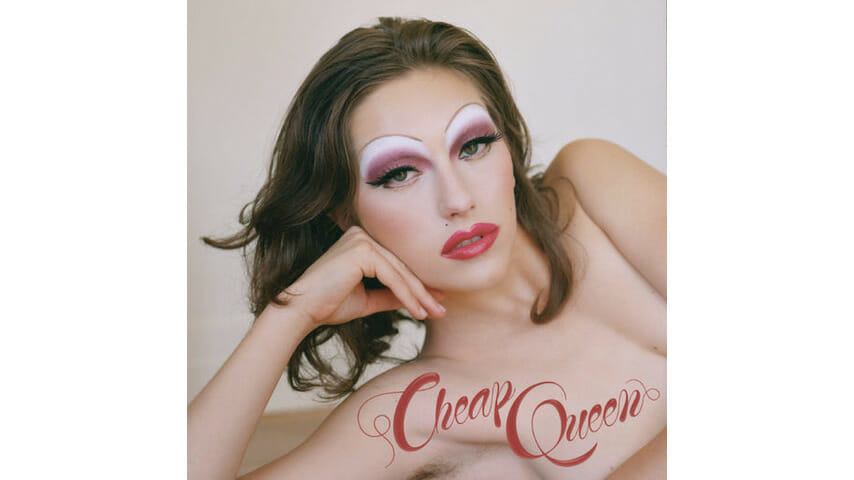On Cheap Queen, King Princess Figures Out the Contours of Heartbreak In Real Time
The queer singer-songwriter’s debut is a longing, reflective suite of dimly-lit, sometimes joyful torch songs played out in the restless hours

King Princess, the moniker of vintage-pop songwriter and queer hero Mikaela Straus, first entered into the public eye with the charming, swooning “1950,” a revisionist history indebted to the hidden yearning between the two female lovers of the 1952 novel The Price Of Salt by Patricia Highsmith, later adapted into the 2015 movie Carol. The song, like the novel and film it homages, builds a flame out of smoldered glances and subtext, an anthem for a fledgling generation of queer folks whose private lives are still somehow very much relegated to intimate, dark corners.
But those three minutes of euphoria in “1950” don’t get to the next part: What do you do when that longing burns out? King Princess’ debut album Cheap Queen, which Straus joked on Twitter, is “an iconic lesbian breakup album,” is one that’s, at least in part, inspired by the dissolution of her relationship with actor Amandla Stenberg.
When asked about her love life in a Vanity Fair Q&A, her response took a tone of self-reflection: “The hardest part of juggling a relationship is allowing yourself to miss someone, and to know that missing someone is healthy,” she said. It’s a response befitting someone who’s wisened up, learning day by day that love, by necessity, can’t be intensely all-consuming all the time. When you love hard and fast, and are forced to learn to pare it down, it’s tough not to subsume yourself into the joyful throes of new love.
Cheap Queen is more melancholy than “1950,” more introspective than her ode to “Talia,” less ebullient than the assured bedroom-romping funk of follow-up single “Pussy Is God,” the latter of which was co-written with Stenberg. Cheap Queen is also more vulnerable: As Straus figures out the contours of her heartbreak and the patina it takes on, the longer it lingers out in the open.
-

-

-

-

-

-

-

-

-

-

-

-

-

-

-

-

-

-

-

-

-

-

-

-

-

-

-

-

-

-

-

-

-

-

-

-

-

-

-

-








































